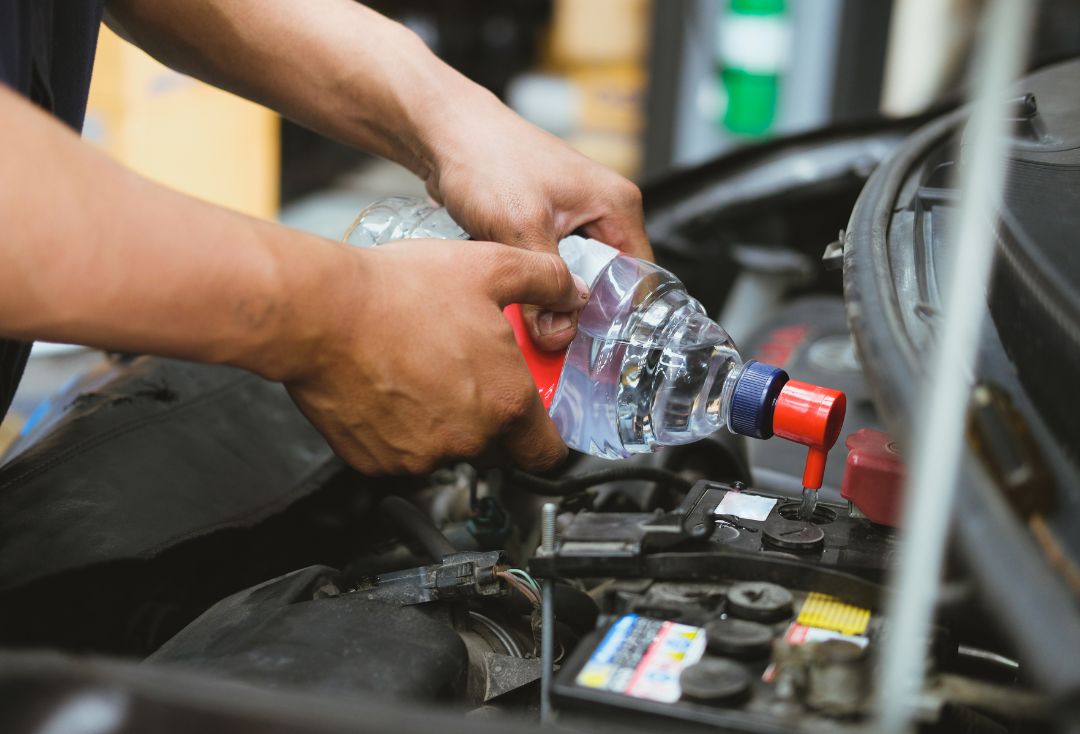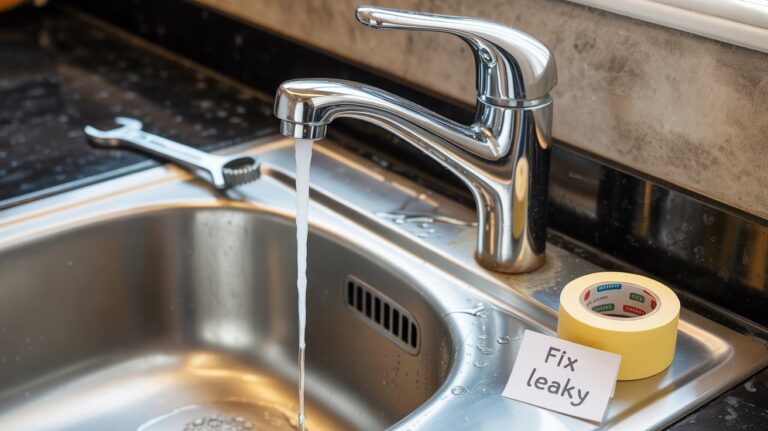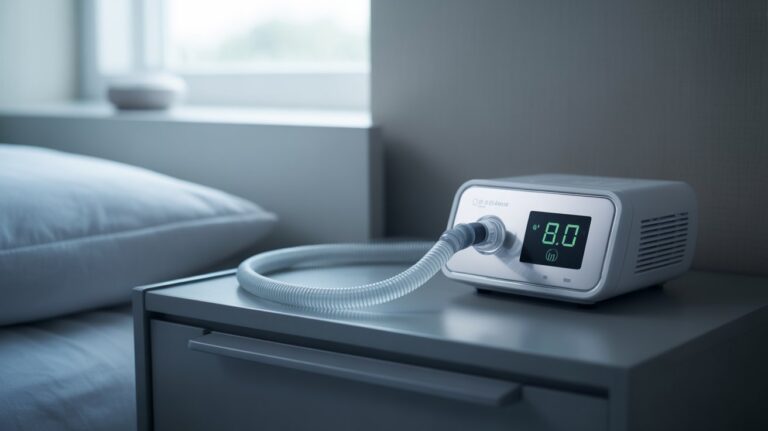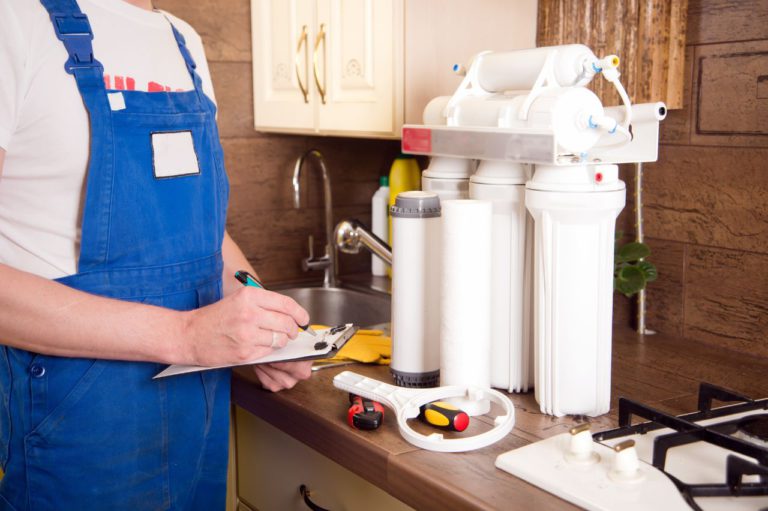RO vs Distilled Water for Battery Maintenance
Have you ever wondered which type of water is optimal for maintaining your vehicle’s battery? The choice between RO (Reverse Osmosis) water and distilled water might seem trivial at first, but knowing the right option could increase the longevity and performance of your battery. You might be curious about what sets these two types of water apart and why it matters. Let’s explore this subject in detail to help you make an informed decision.
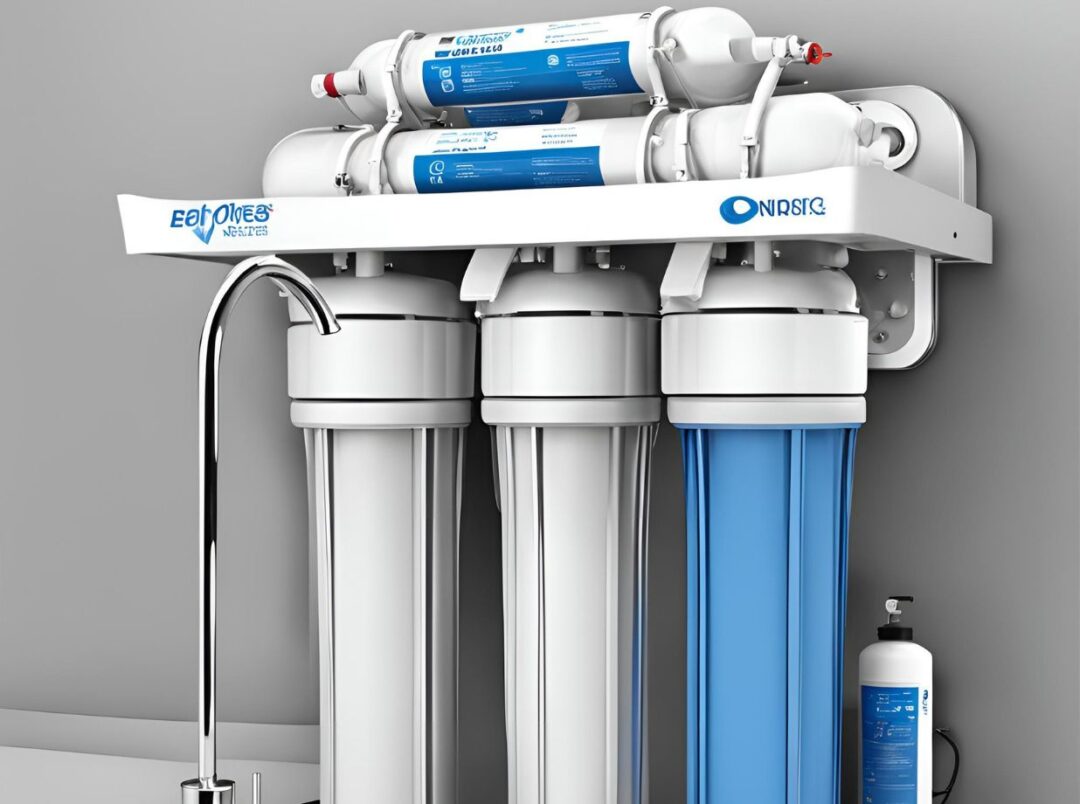
Key Differences: RO vs. Distilled Water
Choosing between RO and distilled water involves understanding how each type affects your battery. Let’s break down the differences and their implications on battery performance and maintenance.
Purity and Mineral Content
One primary concern with battery water is mineral content. Distilled water has a higher purity level because the distillation process effectively removes even volatile minerals. By contrast, RO water may still carry trace amounts of dissolved solids due to its filtration process, although they are significantly reduced.
Conductivity and Battery Performance
Conductivity plays a crucial role in how water interacts with your battery. Distilled water, with its near-zero mineral presence, has lower conductivity, potentially enhancing battery performance. RO water’s slightly higher conductivity, resulting from possible residual minerals, might not offer the same performance boost but still serves better than ordinary tap water.
Cost and Accessibility
In terms of availability, distilled water is widely used for various applications, while RO water has become more prevalent due to the surge in domestic water filtration systems. The cost varies, with distilled water sometimes being more expensive due to the energy-intensive distillation process. RO systems, once installed, provide a continuous supply of purified water at a lower cost over time.
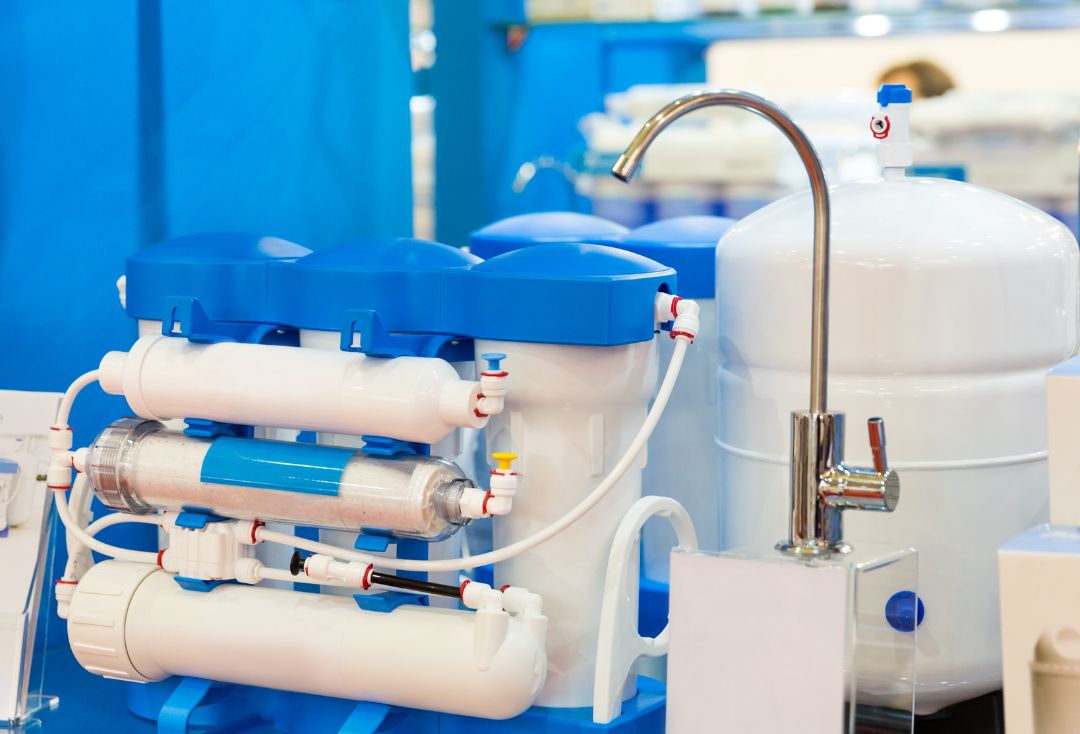
The Impact of Using the Wrong Water Type
Using the incorrect type of water for your battery can have long-term effects. Let’s delve into potential issues that can arise from inappropriate water usage.
Increased Mineral Deposit
Minerals left from ordinary tap water can deposit on battery plates, impairing performance and reducing lifespan. Even with RO water, the trace minerals might contribute to buildup over the long term, although considerably less than tap water.
Electrolyte Imbalance
The purity of water affects the electrolyte, a critical component in battery operation. Using non-purified water can dilute the electrolyte’s effectiveness, impacting battery efficiency.
Accelerated Corrosion
Non-purified water increases the risk of corrosion. This accelerated erosion of internal battery components can lead to malfunction and may necessitate premature replacement.
Guidelines for Effective Battery Water Use
To maximize battery lifespan and maintain optimal performance, following certain guidelines about water usage can be incredibly beneficial.
Regular Level Checks
Often overlooked, regularly checking and maintaining the water level in your battery is crucial. Deviation from recommended levels can affect performance negatively, so ensure consistent monitoring.
Using a Refractometer
A refractometer can guide the optimal concentration of your battery’s electrolytes. By knowing this concentration level, you can accurately assess the effectiveness of the water you’re using.
Consistent Maintenance Schedule
Establishing a schedule for maintenance checks will prevent surprises and help maintain consistent battery performance. This includes regular water level checks and timely refilling with the right water type.
Expert Opinions and Industry Practices
Industry experts shed light on the importance of using the correct type of water. Let’s summarize some expert opinions and common practices regarding battery maintenance.
Expert Recommendations
Many professionals recommend distilled water due to its higher purity level. They suggest it for its effectiveness in preventing mineral build-up and maintaining electrolyte efficiency.
Industry Trends
With advancements in technology, industries are innovating ways to manage battery efficiency. There’s a growing trend of using sensors for real-time monitoring of battery water levels and quality, which could complement the traditional approach.
Conclusion: Choosing the Right Water for Your Battery
Choosing between RO and distilled water ultimately boils down to your specific needs and circumstances. If absolute purity is your priority, distilled water edges ahead because of its comprehensive removal of contaminants. However, if cost and convenience are crucial, RO water systems provide a long-term, economically feasible option. By understanding the implications of each water type on your battery’s health and performance, you can better maintain your vehicle and ensure it operates smoothly for an extended period.
Final Thoughts
Understanding the effects of both water types on battery maintenance can safeguard against potential problems down the road. Consistent care and the right choices today can lead to significant savings and peace of mind in the future. Choosing proper water for battery maintenance is a small step that leads to considerable benefits. Your decision directly influences not only the longevity of the battery but also its reliability and efficiency.

